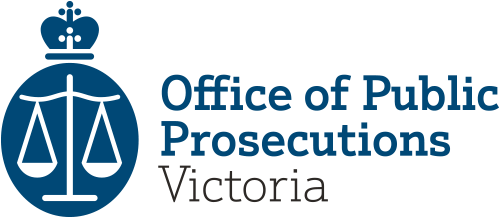Victims and witnesses
Victims, witnesses and their families may experience the criminal justice process in different ways.
The process can feel uncertain because there are many possible outcomes in a criminal case and the court process may take several years.
Going to court and giving evidence may feel challenging because it can be difficult to hear and talk about traumatic events and personal details.
In this section of our website you can find information about:
- how we can support you
- other specialist support services
- your rights and entitlements as a victim of crime
- what to expect if you go to court.
Victims of crime
You are a victim of crime if you have suffered an injury as a direct result of a crime (even if this injury was not foreseeable to the offender).
Injury includes:
- physical bodily injury
- mental illness or disorder
- pregnancy
- grief, distress, trauma or other significant adverse effect
- loss or damage to property
- a combination of these things.
You are also a victim of crime if you are a family member of a victim who:
- has died
- is under 18 years of age
- cannot manage their own affairs due to mental impairment
- is a victim of the offence of grooming (a child under 16 for sexual conduct).
Persons adversely affected by crime
You are a person adversely affected by crime if:
- you or your family member have suffered an injury as a direct result of a crime (even if this injury was not foreseeable to the offender)
- you are a witness to a criminal offence.
Witnesses
If you have made a statement to police about a crime you may be called to give evidence in court as witness.
A victim of crime may also be a witness if they have made a statement to police.
